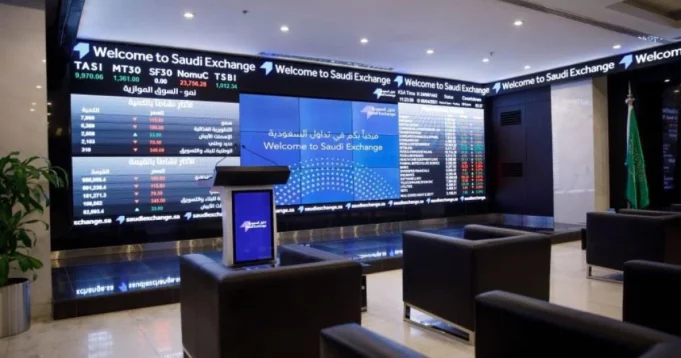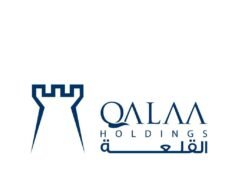Saudi Arabia’s capital markets are preparing for another wave of initial public offerings (IPOs) as the Kingdom continues to advance its Vision 2030 strategy and diversify away from oil. The Saudi Exchange (Tadawul) currently has more than 50 IPO applications under review, with around 100 companies working with advisers to prepare for listings.
The pipeline reflects growing sectoral diversity, with companies from fintech, food production, transport, logistics, and IT services all lining up to go public in the coming quarters.
One of the most notable transactions so far this year was the IPO of low-cost airline Flynas, which raised approximately USD 1.1 billion by offering a 30% stake. The deal marked the first Gulf airline IPO in nearly two decades and was fully subscribed within minutes, signaling strong investor appetite.
Other confirmed IPOs include Derayah Financial, which became the first fintech company to list in 2025, offering a 20% stake. Fourth Milling Company has also received regulatory approval to float 30% of its shares. The company is among several food sector players pursuing public listings as demand grows for consumer-focused and resilient sectors.
The market is also watching closely for upcoming listings from companies such as Tabby, a leading buy-now-pay-later provider; Ejada Systems, an IT services firm; and entities linked to the Public Investment Fund (PIF), including Saudi Global Ports, Tabreed Saudi, and Nupco. These companies are expected to list in the medium term as part of broader efforts to deepen capital markets and privatise state-linked assets.
In Q1 2025, Saudi Arabia accounted for the majority of IPO proceeds in the Gulf, with 12 main market listings and seven on the parallel market (Nomu), raising nearly USD 1.8 billion in total. Analysts expect between 50 and 60 IPOs to come to market by the end of next year, driven by continued economic diversification, favourable regulations, and strong foreign investor interest.
The Saudi Exchange is also promoting Nomu as an accessible platform for smaller and growth-stage companies. Lighter listing requirements and faster time-to-market have encouraged increased activity on the junior market.
Despite a few weak post-listing performances, the broader IPO outlook remains strong, underpinned by high retail participation, sovereign support, and a shift in investor appetite toward defensive and tech-enabled sectors.
As the Kingdom pursues its ambitions to become a regional investment hub, the IPO pipeline is expected to remain robust well into 2026, with further announcements likely across logistics, healthcare, renewable energy, and consumer sectors.









